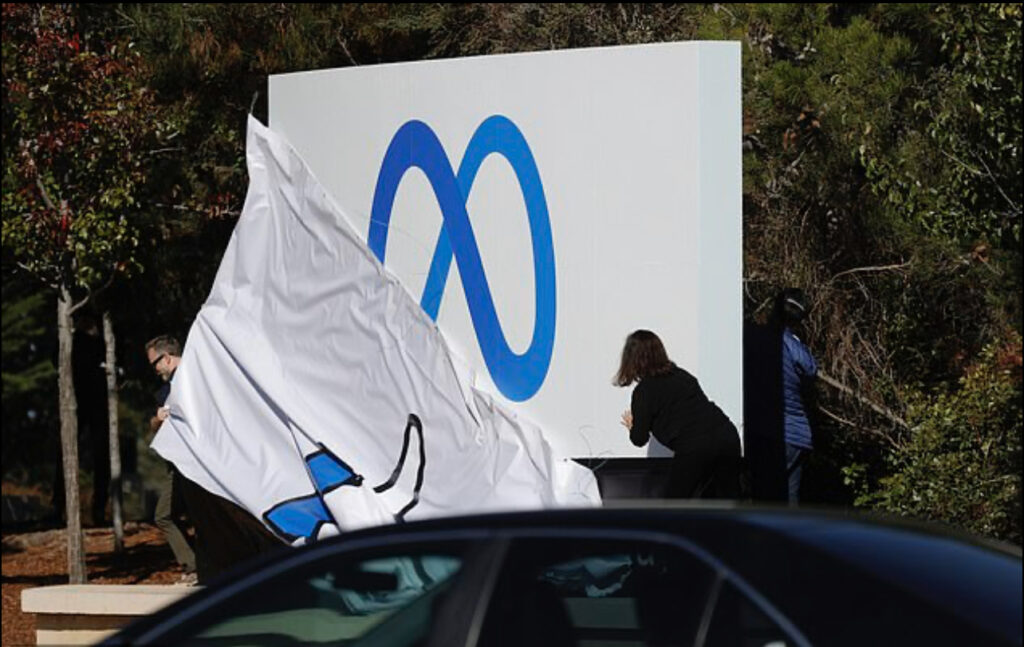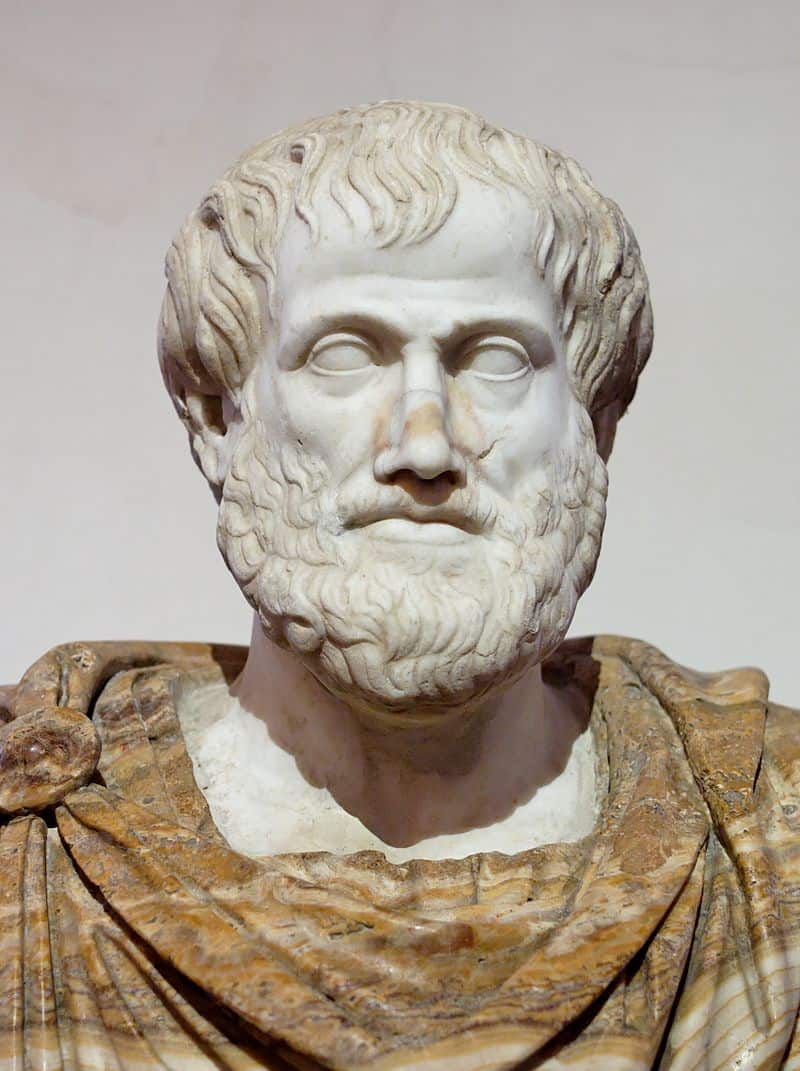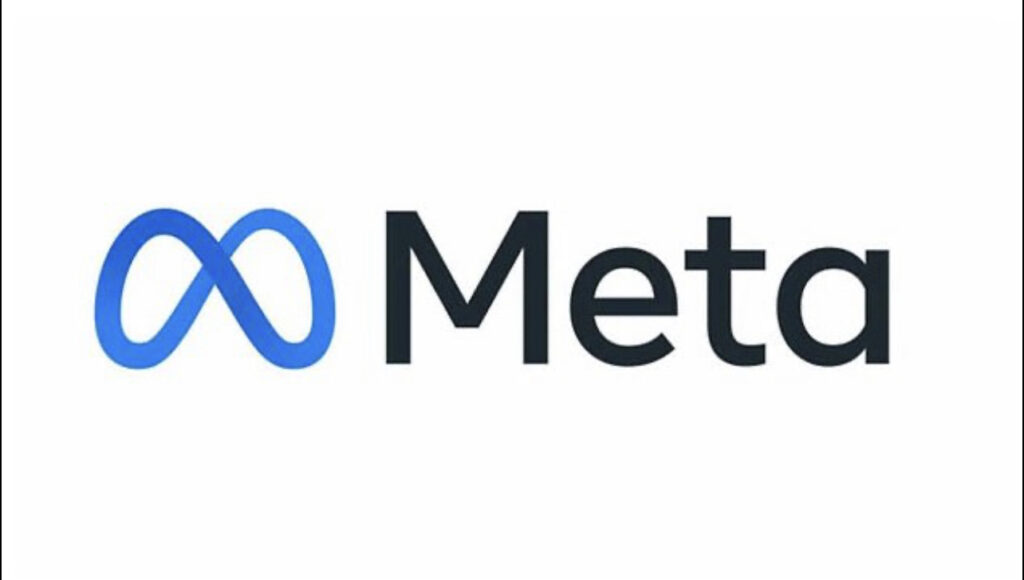Facebook CEO Mark Zuckerberg has announced that the company will rename itself Meta, in a bid to distance itself from a series of embarrassing scandals.
Facebook will now go by the name ‘Meta’, which comes from the Greek prefix and preposition meta, which means “after” or “beyond.”
According to Facebook, the new company name Meta refers to the ‘metaverse’, which is the company’s new venture into shared augmented reality and virtual world environments.

“The ‘metaverse’ is a set of virtual spaces where you can game, work and communicate with other people who aren’t in the same physical space as you,” says Facebook.
“Our mission remains the same it’s still about bringing people together.”
The move to Meta is reminiscent of Google’s abrupt name change to ‘Alphabet’ in 2015, making Google a subsidiary and allowing it to become a technology conglomerate.
So let’s learn about the ancient Greek word ‘meta’. Where did it come from?
Like so many other things, we have the ancient Greeks to thank for the word meta, which was a word they used to mean “after” or “beyond.”
When combined with words in English, 'meta' often signifies ‘change’ or ‘alteration’ as in the words metamorphic or metabolic.
The prefix meta- is notably used in metaphysics, a form of which is recorded in the 14th century for philosophy concerned with the first principles of things, the nuts and bolts of reality and existence.
‘Metaphysics’ is one of the principal works of Aristotle, in which he develops the doctrine that he refers to sometimes as Wisdom, sometimes as First Philosophy, and sometimes as Theology. One of the first major works of the branch of philosophy with the same name, ‘Metaphysics’ is a compilation of various texts treating abstract subjects, notably being, different kinds of causation, form and matter, the existence of mathematical objects and the cosmos.

Artistotle’s ‘Metaphysics’ is considered to be one of the greatest philosophical works.
Its influence on the Greeks, the Muslim philosophers, the scholastic philosophers and even writers such as Dante, was immense. It consists essentially of a criticism of Plato's theory of Forms or theory of Ideas which Aristotle had studied as Plato's pupil at the Academy in Athens with its dialectic method of definition that was unsuited to account for matter or change.
Meta, in this sense, suggests “transcending” or “overarching,” helping it become a synonym for “self-referential” by the 1980s in postmodernism and popular culture, used for creative works that alluded to their own form, genre, tropes, or other conventions; or when something refers back to itself. In other words, a book about books. Or creating art about art. One early instance, for example, described an appearance of a real-life TV news anchor of Murphy Brown, a sitcom about a fictional anchor, as meta.
In the 1990s–2000s, meta took special root in online gaming communities when discussing the most successful strategies, characters, or weapons. While some claim this meta is an acronym for Most Effective Tactic Available (a folk etymology), it is short for metagaming, using knowledge about the game itself to beat the “game” of mastering that game.
In the late 1990s, metagaming was used in games like Dungeons & Dragons to refer to an in-game character unfairly using information gathered outside of the game world by their player, for example, “That’s pretty meta.” Meta has gone on, in the gaming world, for anything out of the universe of the game used to affect the universe in the game—cheating, in a nutshell, and making the game less fun for more earnest players.
Thanks to Grammarly.com and Dictionary.com

Tech giant Facebook goes ‘Greek’ as part of a rebranding strategy


